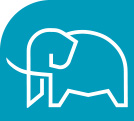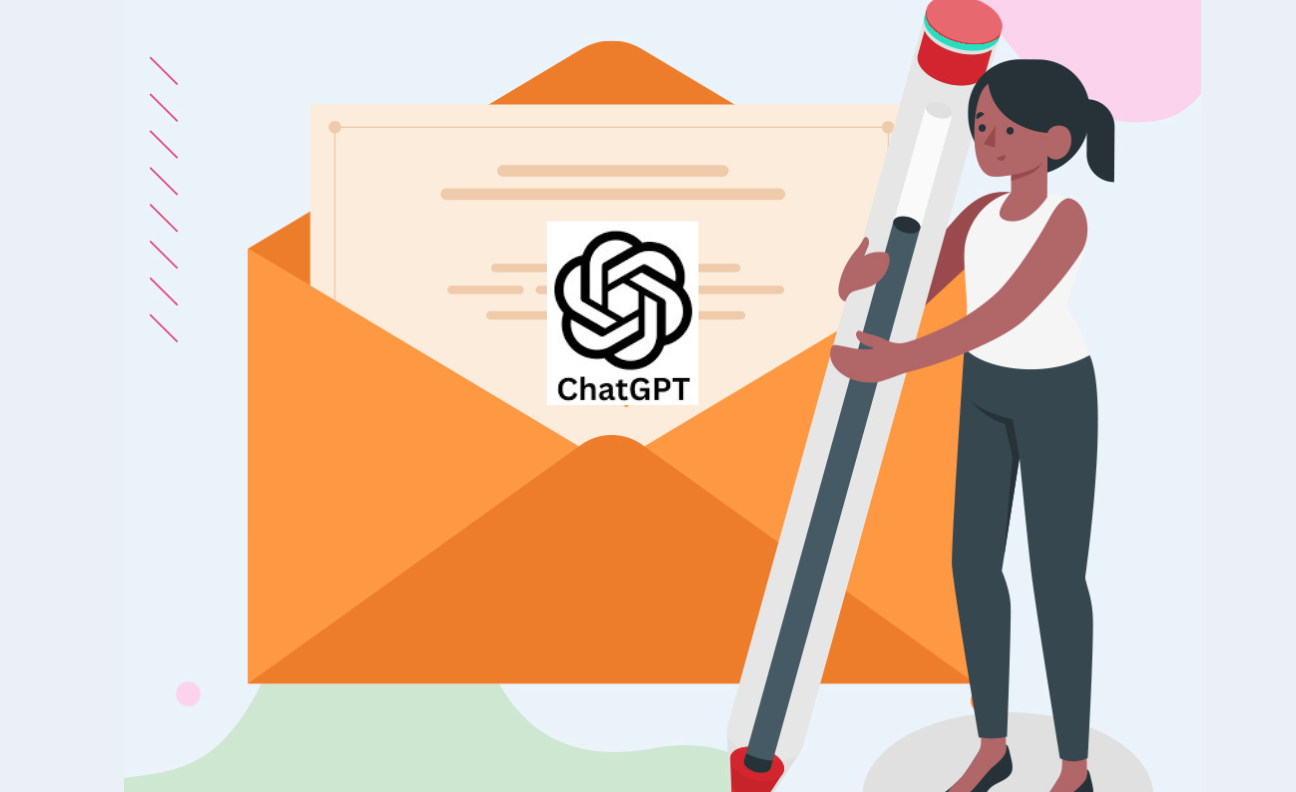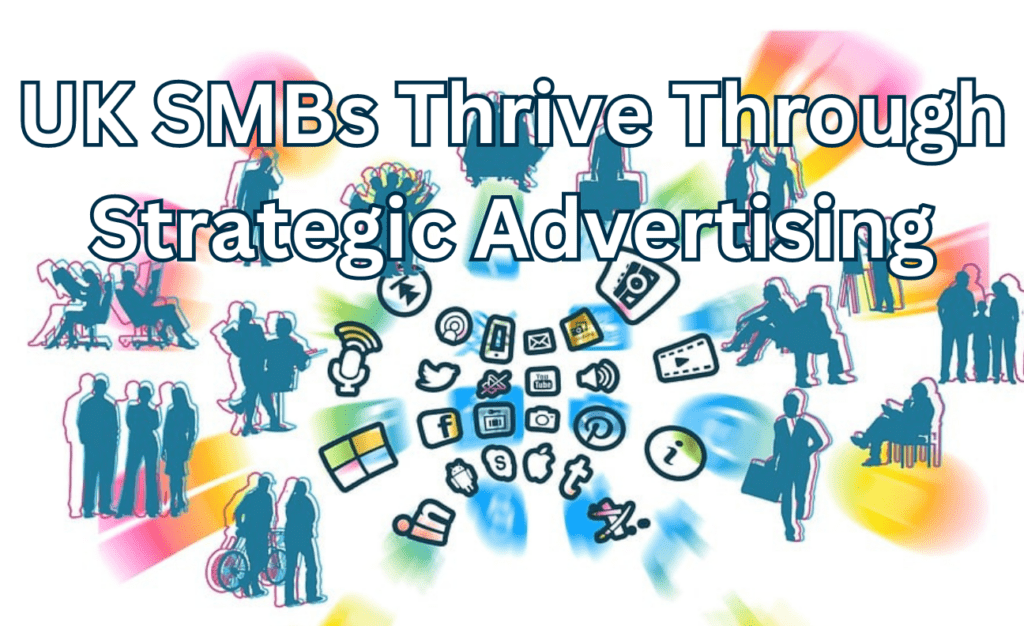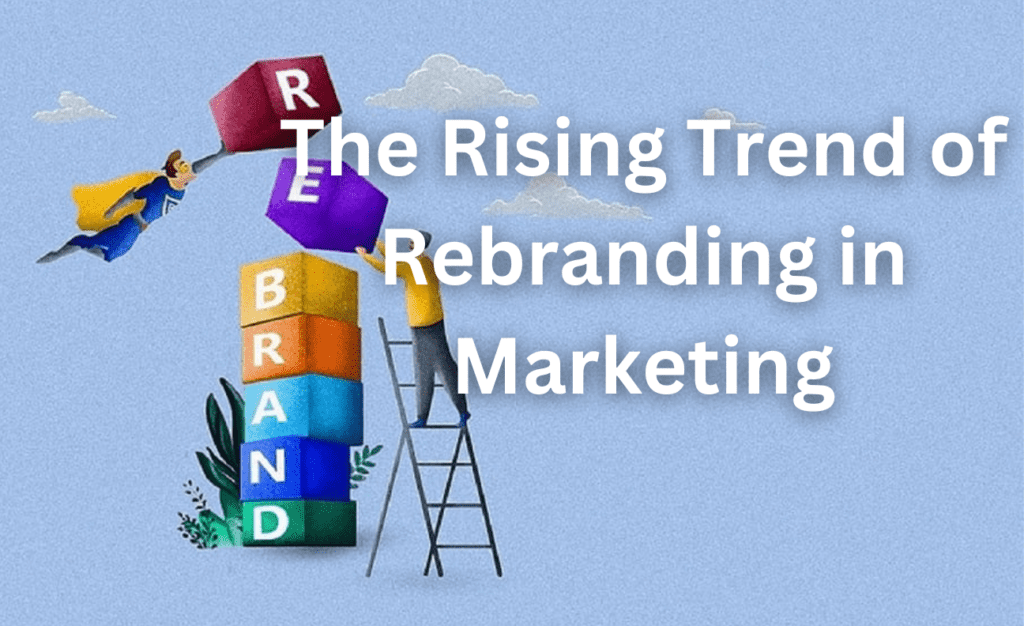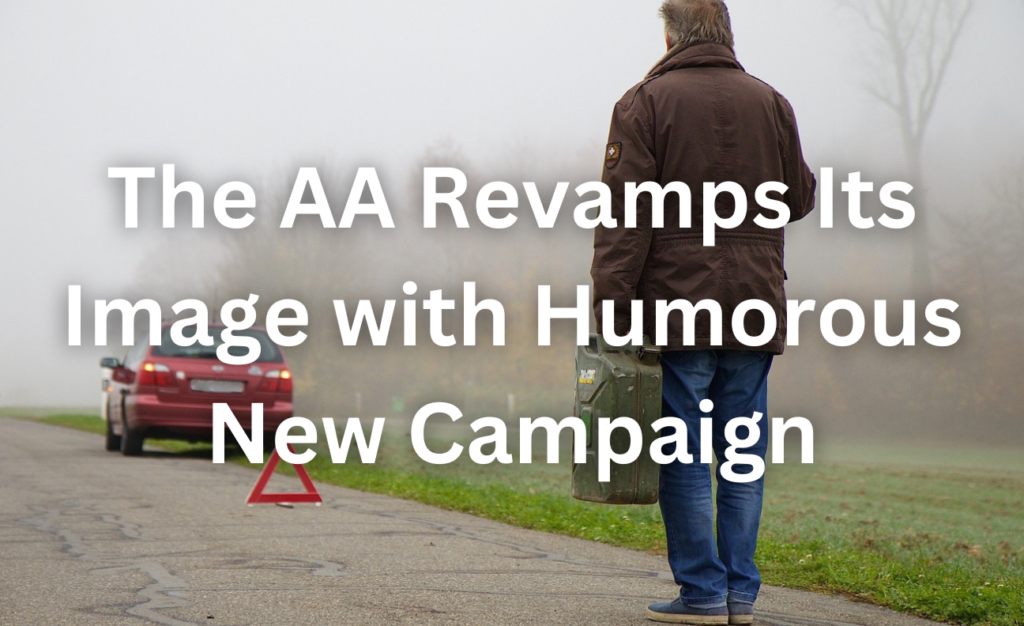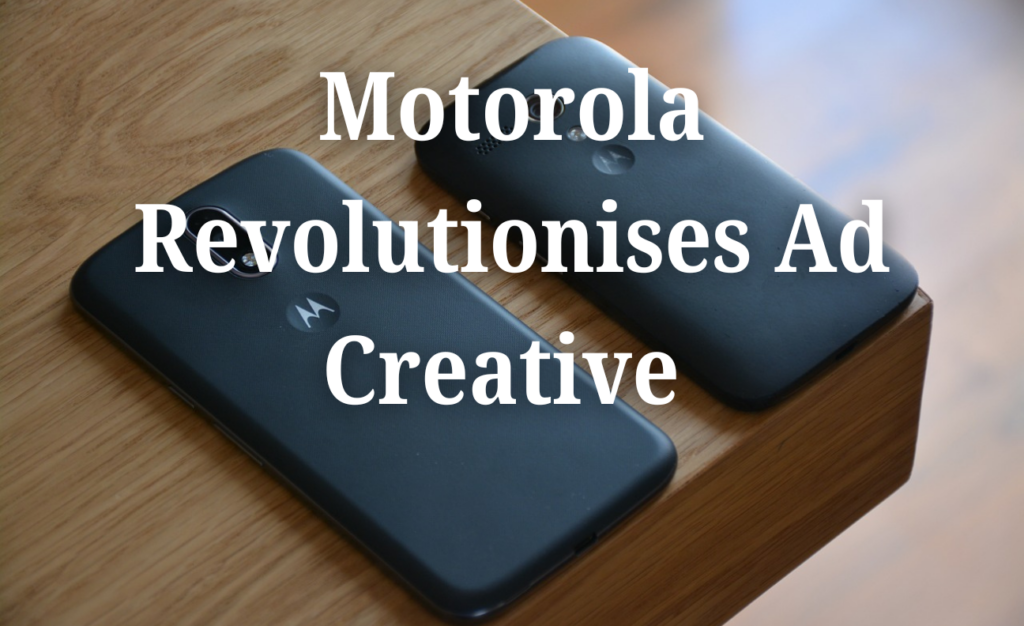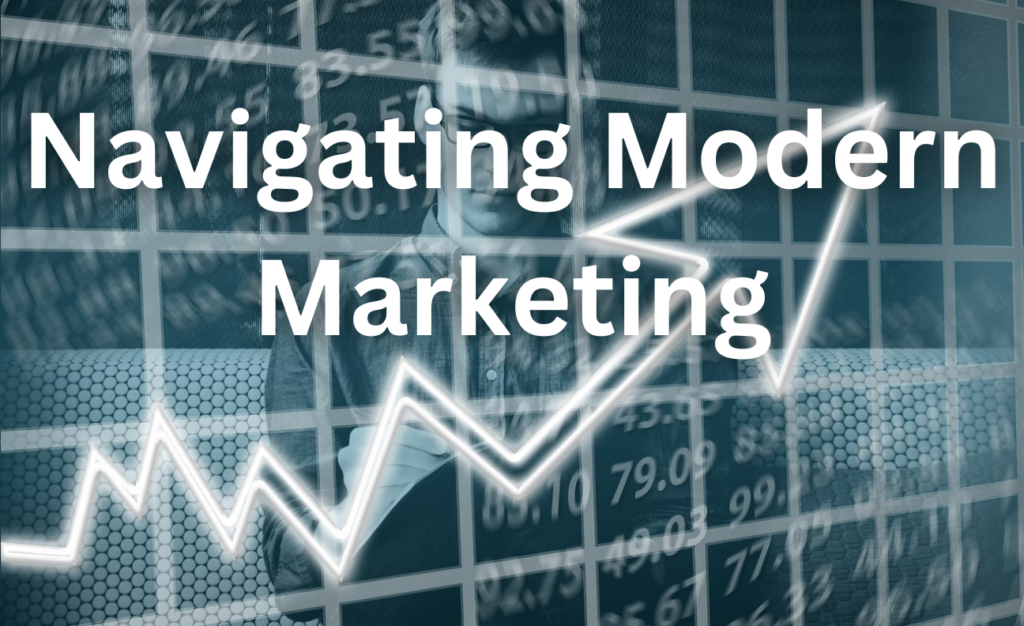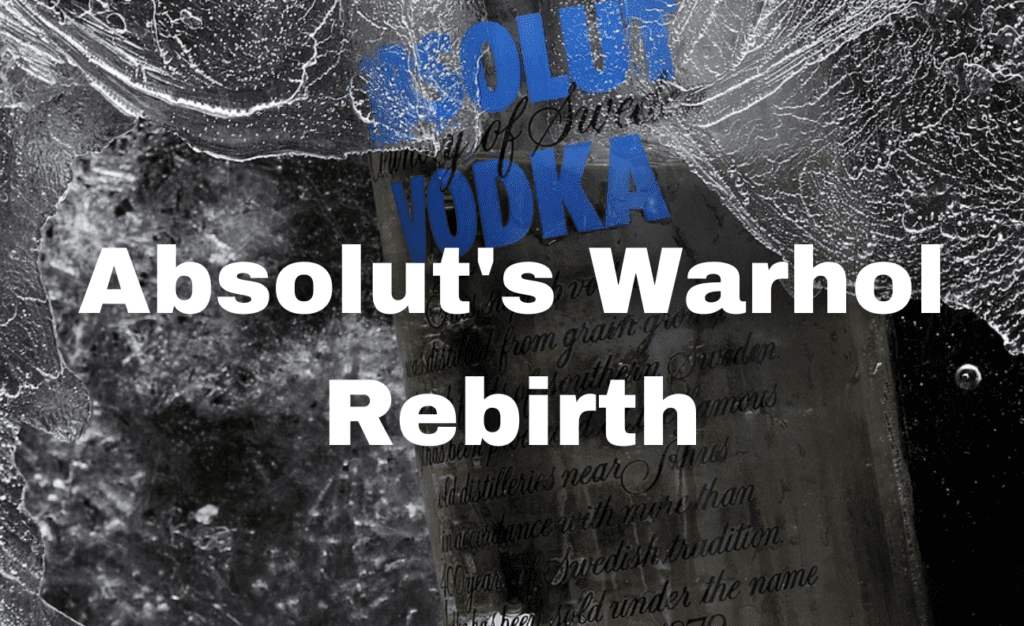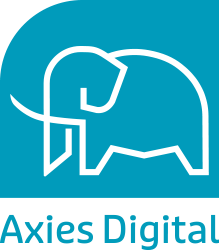As with any technological innovation, the emergence of ChatGPT has sparked a mix of excitement and concern within the workplace. While some employees fear the potential takeover of their jobs by artificial intelligence (A.I.), others have discovered the benefits of utilising this tool, especially when it comes to job hunting.
Recent data from a survey conducted by The Harris Poll for Fortune reveals that a significant portion of employees are embracing A.I. technology, with 61% using ChatGPT to assist them in their job search.
This article explores the transformative power of ChatGPT in cover letter writing, its advantages, and the potential implications for the future of this essential job application component.
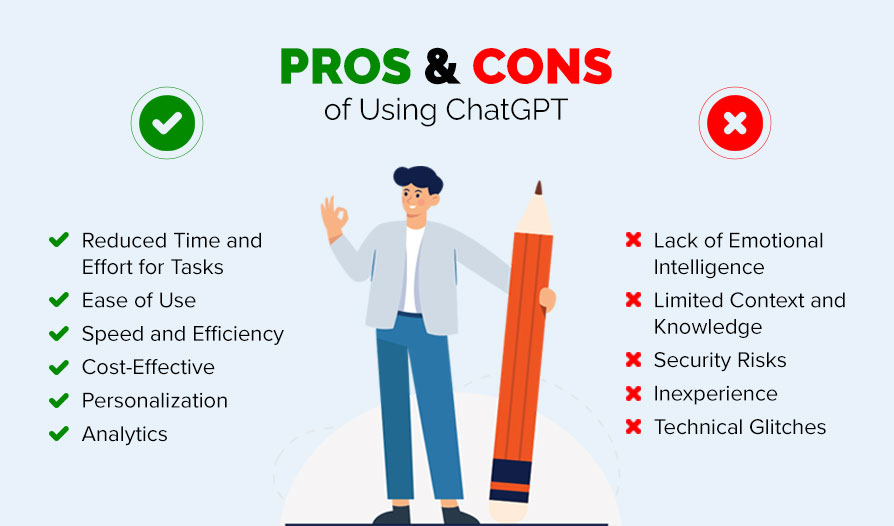
A Paradigm Shift in Cover Letter Writing
In an intriguing experiment, one woman used ChatGPT to compose a cover letter for a specific job application. She provided the A.I. with prompts that included the qualifications mentioned in the job posting.
The cover letter was then shared with three experts, a career coach, an organisational consultant, and an A.I. thought leader, without disclosing upfront that it was written by an A.I, which resulted in the experts’ feedback surprising everyone involved. Although they all recognised the need for a few minor adjustments, the majority of experts did not detect the A.I. origin of the cover letter.
This experiment ultimately highlights the remarkable potential of ChatGPT in revolutionising cover letter writing, which could pave the way for a new era in job application practices.
Advantages of Using ChatGPT for Cover Letter Writing
There are several potential advantages of using A.I, such as ChatGPt, to write and produce a cover letter. Some of these advantages are:
Precision and Tailoring
ChatGPT can generate cover letters that are highly tailored to specific job requirements, incorporating the qualifications and skills mentioned in the job posting.
Moreover, this level of customisation can significantly increase the chances of capturing the attention of recruiters.
Time and Efficiency
Writing a cover letter from scratch can be time-consuming and daunting for many job seekers.
ChatGPT streamlines the process by providing instant suggestions and content, reducing the time and effort required to craft a compelling cover letter.
Language Enhancement
With its advanced language capabilities, ChatGPT can help improve the overall quality of a cover letter, ensuring grammatical accuracy, coherent structure, and appropriate tone.
This means that job seekers can present their qualifications and experiences more effectively, properly showcasing their strengths to potential employers.
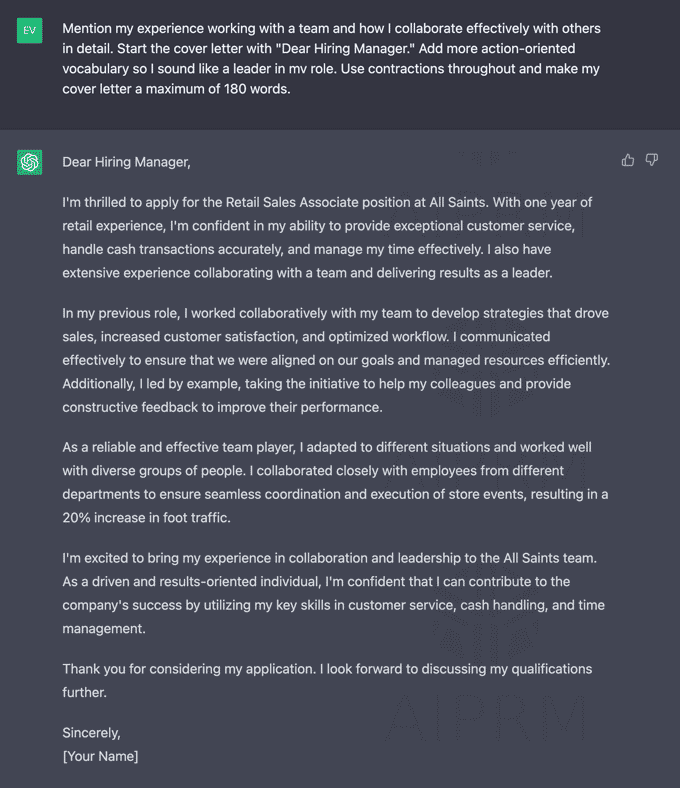
Disadvantages and Ethical Considerations
On the other hand, as with most things, there are also some disadvantages to using A.I generated cover letters. Not to mention the debate on whether it is an ethical practice. Some of these disadvantages are:
Lack of Authenticity
While ChatGPT can generate well-crafted cover letters, there is a concern about the authenticity and personal touch they convey, sometimes often sounding robotic.
Additionally, recruiters may value originality and a genuine connection with the applicant, which may be lacking when using an A.I.-assisted tool.
Over Reliance on A.I.
Relying solely on ChatGPT for cover letter writing may hinder an individual’s own development of essential communication and writing skills.
It may be important that job seekers aim to strike a balance between utilising A.I. tools and nurturing their own abilities.
The Future of Handwritten Writing and the Role of Cover Letters
The question of whether A.I. will completely replace handwritten writing remains uncertain. While ChatGPT has demonstrated its prowess in generating cover letters, it cannot fully replicate the unique perspective, creativity, and emotional intelligence that human writers bring to the table.
Handwritten writing continues to hold value, particularly in areas that require a personal touch, critical thinking, and complex decision-making.
Regarding the relevance of cover letters in job applications, opinions vary. While some argue that cover letters are an outdated practice, the majority of employers still consider them an essential component of the hiring process, as they provide an opportunity for applicants to express their motivations, highlight relevant experiences, and demonstrate their compatibility with the company culture.
However, the rise of ChatGPT and similar technologies prompts a re-evaluation of the traditional cover letter format, encouraging job seekers to adapt and embrace new approaches that effectively convey their qualifications and enthusiasm.
Conclusion
ChatGPT’s entry into the realm of cover letter writing has sparked both excitement and concerns. By offering tailored content, saving time, and enhancing language, ChatGPT presents clear advantages in assisting job seekers with their cover letter creation.
However, concerns regarding authenticity and overreliance on A.I. call for careful consideration and balance. Handwritten writing and cover letters, although undergoing transformation, still hold significance in the job application process.
As the workplace continues to evolve, finding the right balance between human creativity and the efficiency of A.I. assistance will be crucial to embrace the full potential of this groundbreaking technology.
